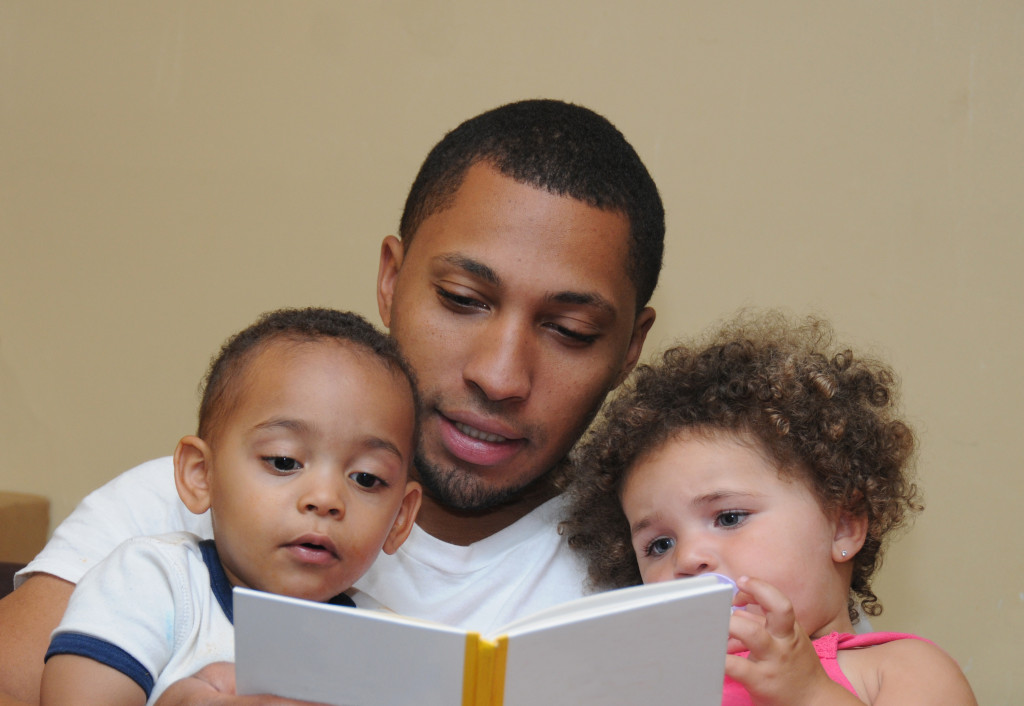- Character education is essential to instill moral values in people of all ages and helps them become responsible citizens.
- Storytelling is an effective way to teach positive values and build relationships with family members.
- Reading books can help expand knowledge, form connections between ideas, and understand different perspectives.
- Different book genres can provide helpful messages on love, growth, human nature, imagination, and hope for a better future.
- Storytelling can create lasting bonds while teaching children valuable lessons to guide people’s actions in life.
Character education is vital in providing young and old individuals with the moral tools they need to develop into responsible citizens. It emphasizes teaching children how to act ethically according to universal values. With character education, youth are encouraged to become aware of doing what’s right, committed to performing good deeds, and competent enough that these actions become second nature. Parents can ensure that future generations remember their social obligations by instilling such principles early on!
Storytelling is a potent tool for teaching and reinforcing positive values. It can help instill essential life lessons in children while providing a unique way to bond with family members and pass down family heritage. By engaging in meaningful storytelling, families can create an atmosphere of compassion and understanding that encourages children to develop strong character traits.

The Benefits of Storytelling
Storytelling has many benefits, including tapping into emotions, facilitating learning, and building relationships. Stories are often entertaining and engaging, making them a great way to teach moral values without feeling like lectures or reprimands. Through storytelling, kids learn about empathy, respect for others, self-confidence, and perseverance—all important character traits for growing up into healthy adults.
Foster Creativity and Imagination
Stories also provide an excellent way to foster creativity and imagination in children. As they listen to stories, their minds become filled with possibilities, providing them the tools to think creatively. Through storytelling, kids can explore different scenarios, perspectives, and ideas that help build cognitive skills.
Encourage Collaboration
Storytelling also encourages collaboration—it’s a great way for children to practice working together and understanding different points of view. As they discuss the events in a story, they learn how to listen, share ideas, and work towards common goals.
Form Deep Bonds
Storytelling also helps form deep bonds between family members by creating an atmosphere of trust and intimacy. When parents tell stories about their childhoods or the shared experiences of their relatives, kids learn valuable lessons from history that they wouldn’t otherwise be privy to.
Morality and Justice
This provides much-needed context for understanding broader themes of morality and justice in the world around them. It also brings families together by helping everyone explore common roots and shared ancestors as part of their heritage. Similarly, when parents read their children’s stories, they help foster a connection between themselves and the child. It also creates an intimate space for meaningful conversations about emotions, desires, and life goals. Storytelling is a powerful tool for creating lasting family bonds for generations.

Reading Books
Reading books is essential in building character. It serves as a storytelling vehicle that allows children to explore and reflect upon different societal perspectives, beliefs, and values. Through these stories, parents can develop and hone the moral compass that guides children in constructing their identities.
Knowledge and the Unknown
Books can serve as a bridge between current knowledge and the unknown. They can open children’s minds to new ideas, expand their understanding of the world, and help them form connections between seemingly unrelated concepts. Books provide a heightened level of detail that a movie or television show cannot recreate. Children can learn about people from all walks of life, times past, and different cultures through reading books.
Book Genres
Reading books is a great way to build character; many different book genres can help. One of the most enduring genres is the classic novel. Classics such as Jane Austen’s Pride and Prejudice or Mark Twain’s The Adventures of Tom Sawyer exemplify timeless stories of growth, morality, and human nature that are still relevant today. Historical fiction is also great for exploring different points in time, from ancient civilizations to modern-day struggles.
Fantasy books are also effective in building character and can help bring imagination to life. These stories often encourage creativity and problem-solving, as their characters must face unexpected obstacles throughout their journey.
Reading sweet romance books can also teach adolescents and young adults about love. The books can also teach them about learning from the mistakes of the characters. Reading these books is a form of entertainment that gives young readers life lessons.
Science fiction can be a great way to understand the complexities of space and time. These books can also have people explore their moral values in an imaginative setting, from considering the implications of interstellar travel to asking whether machines can think like humans.
Storytelling is a potent tool for teaching positive values and building strong character traits in children. By engaging in meaningful stories with family members, kids gain valuable perspectives on morality while forming deep bonds with loved ones. And during tough times, these same stories provide comfort. They demonstrate that no matter how hard things get now—there’s always hope for something better tomorrow if people keep fighting for what they believe in. So next time you’re looking to bond with your family or teach your kids valuable life lessons entertainingly, consider using the power of storytelling!
